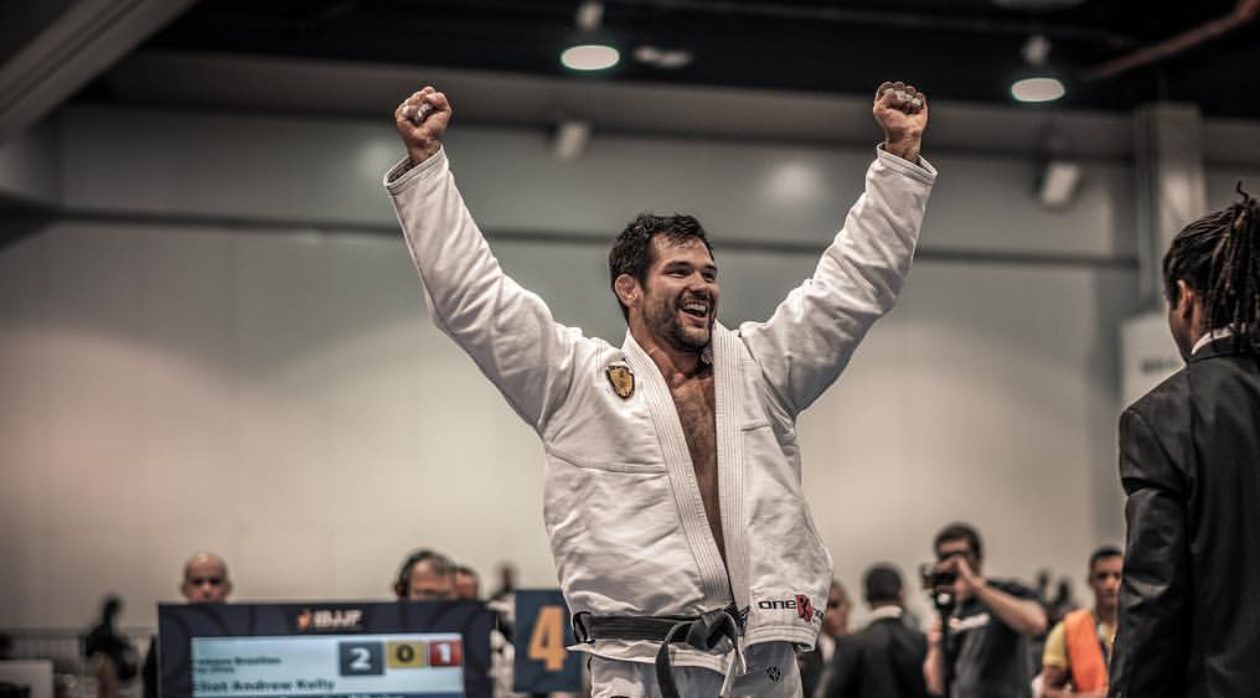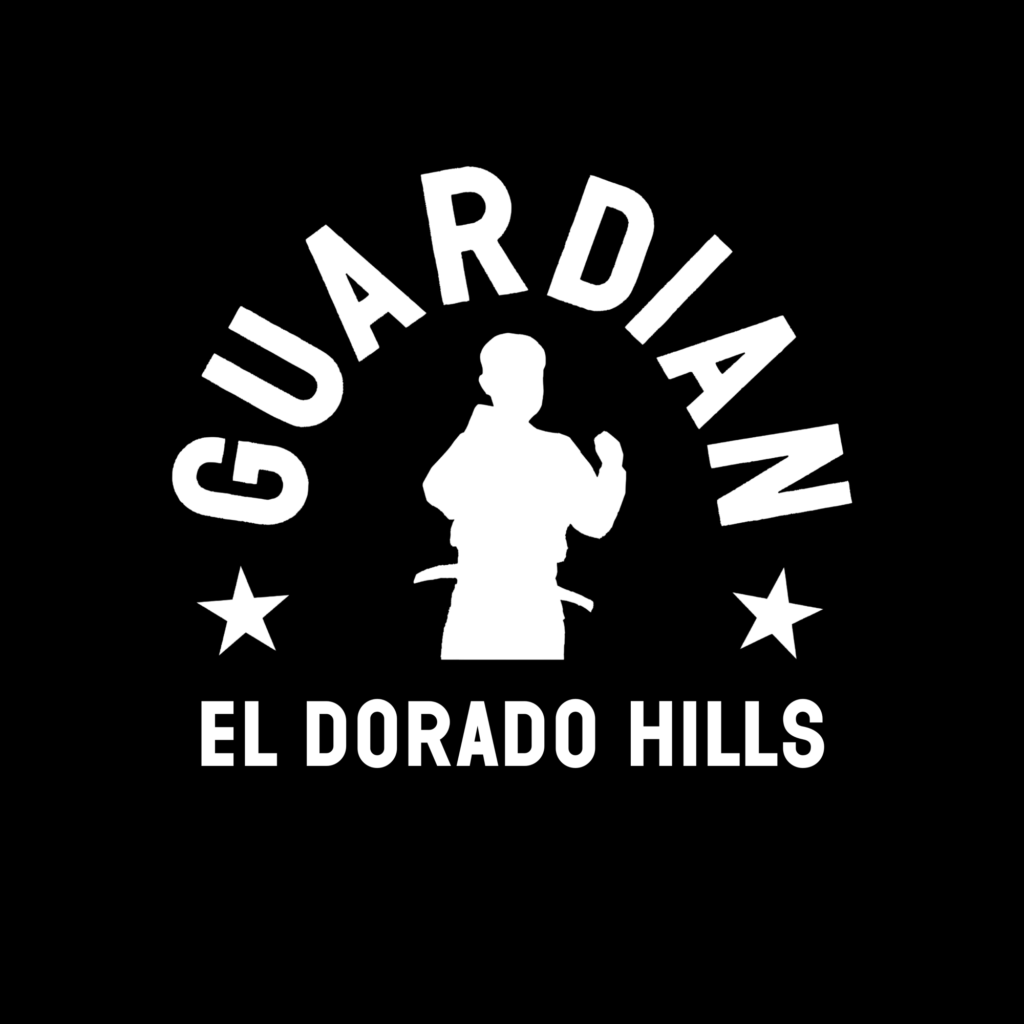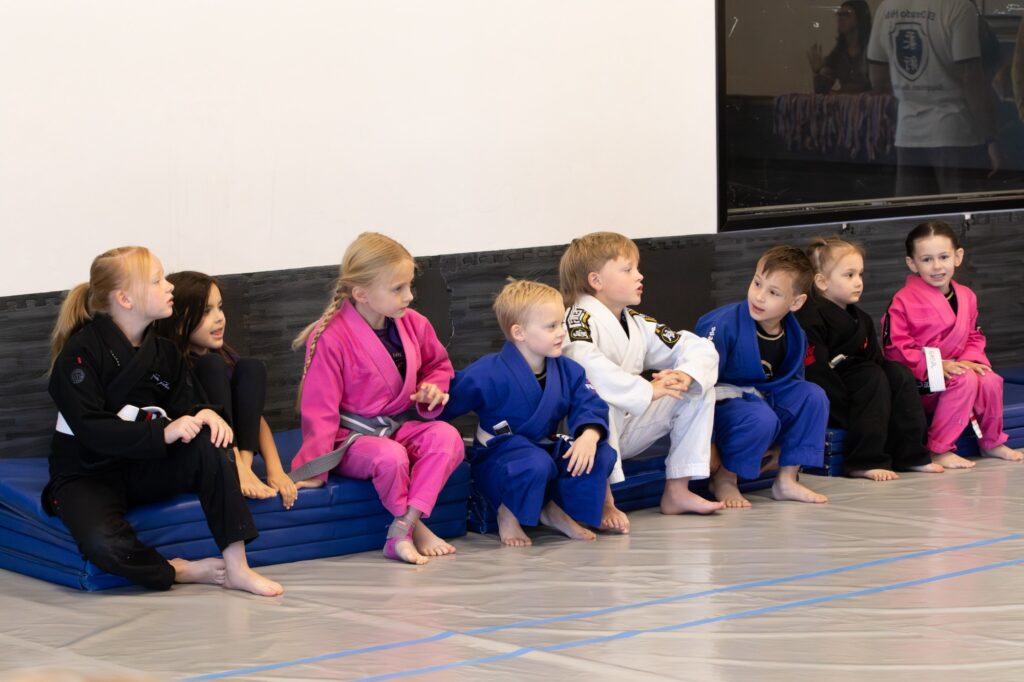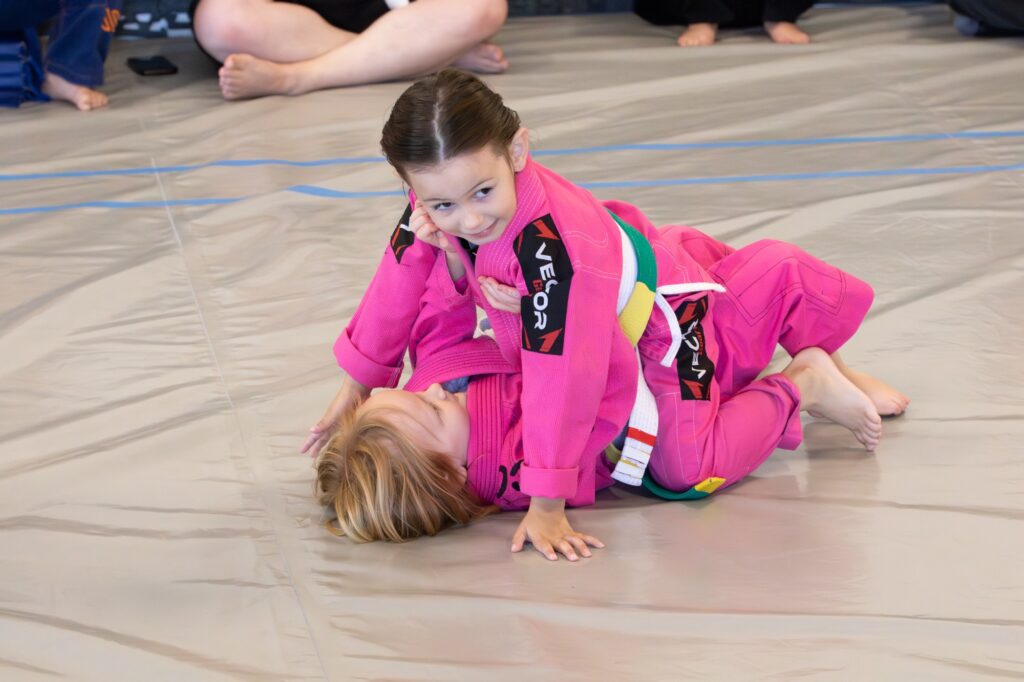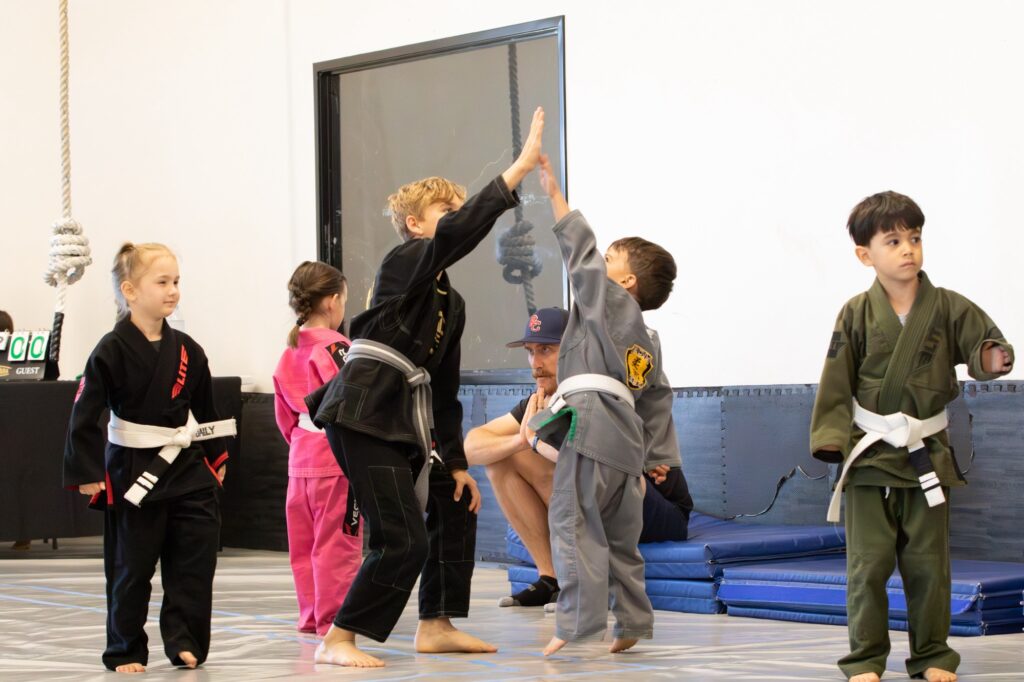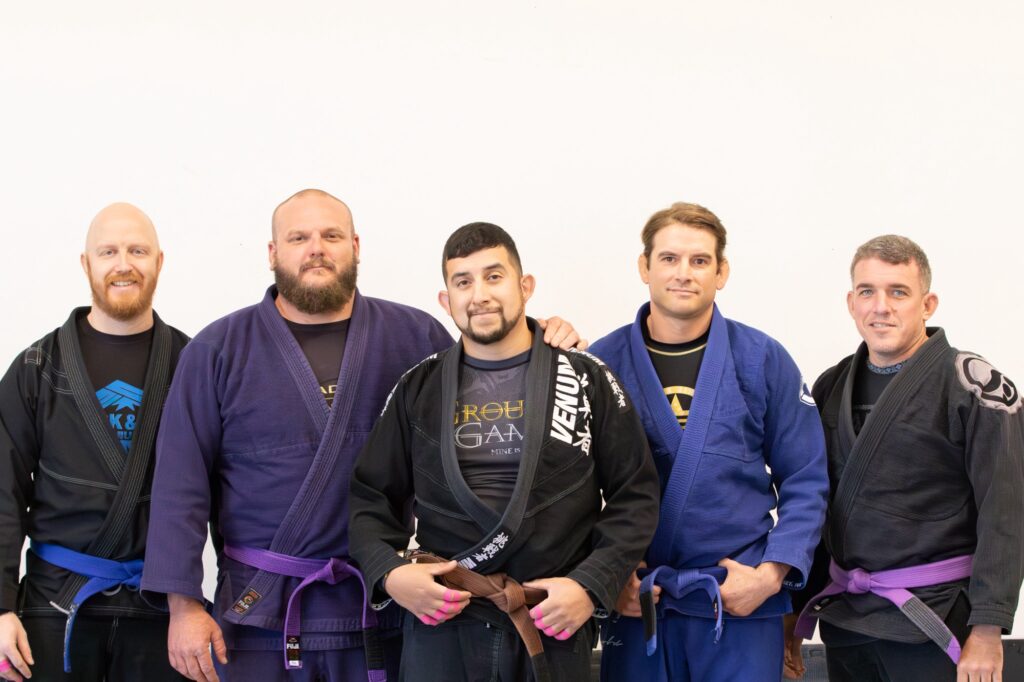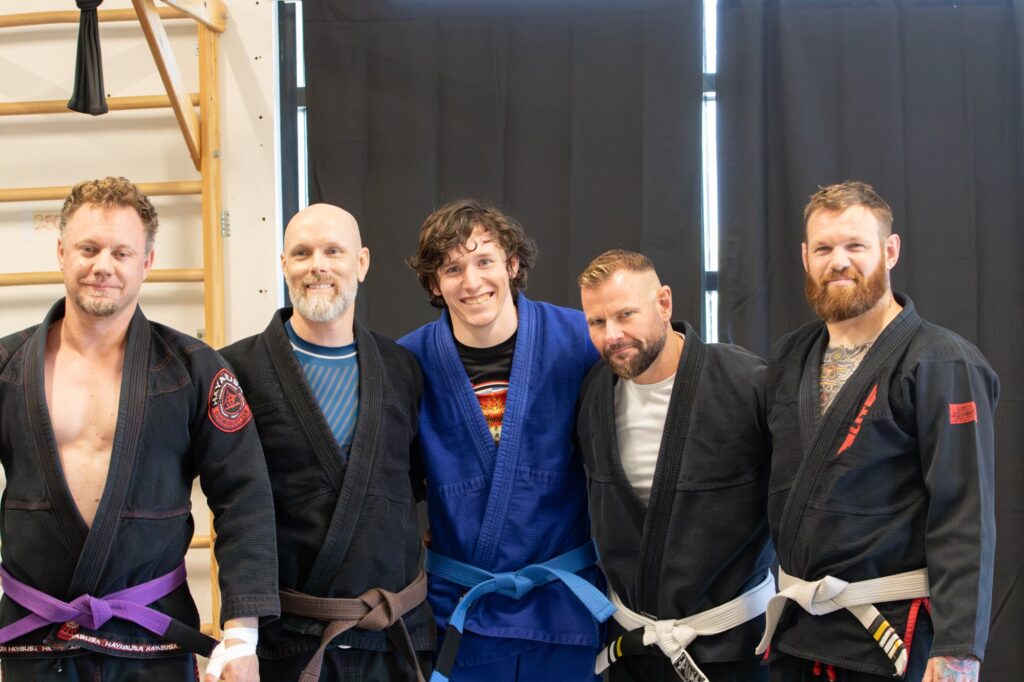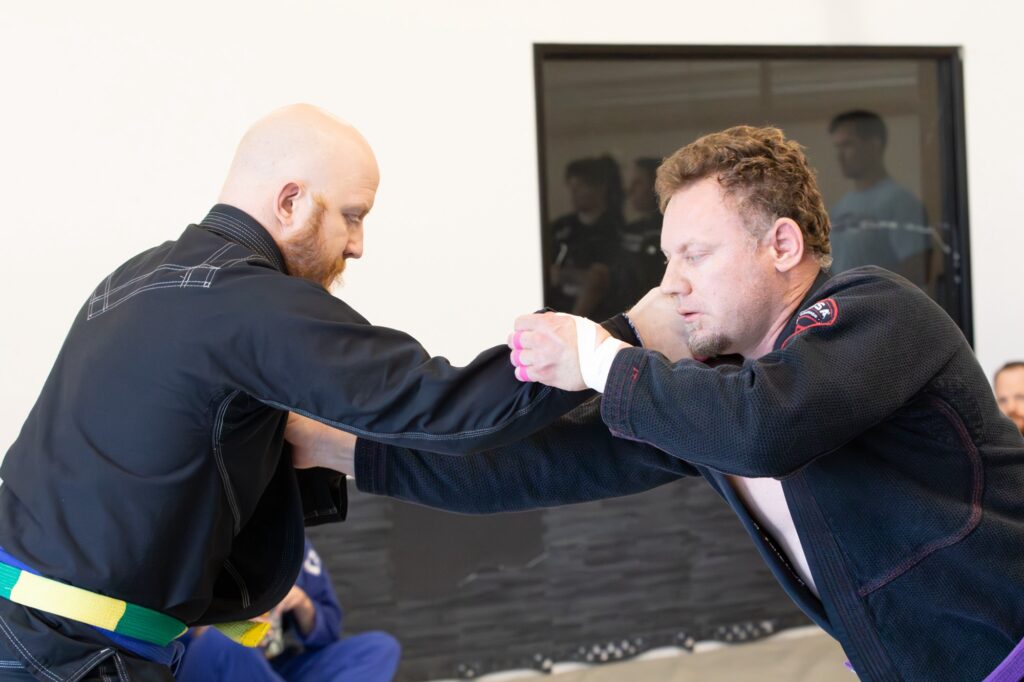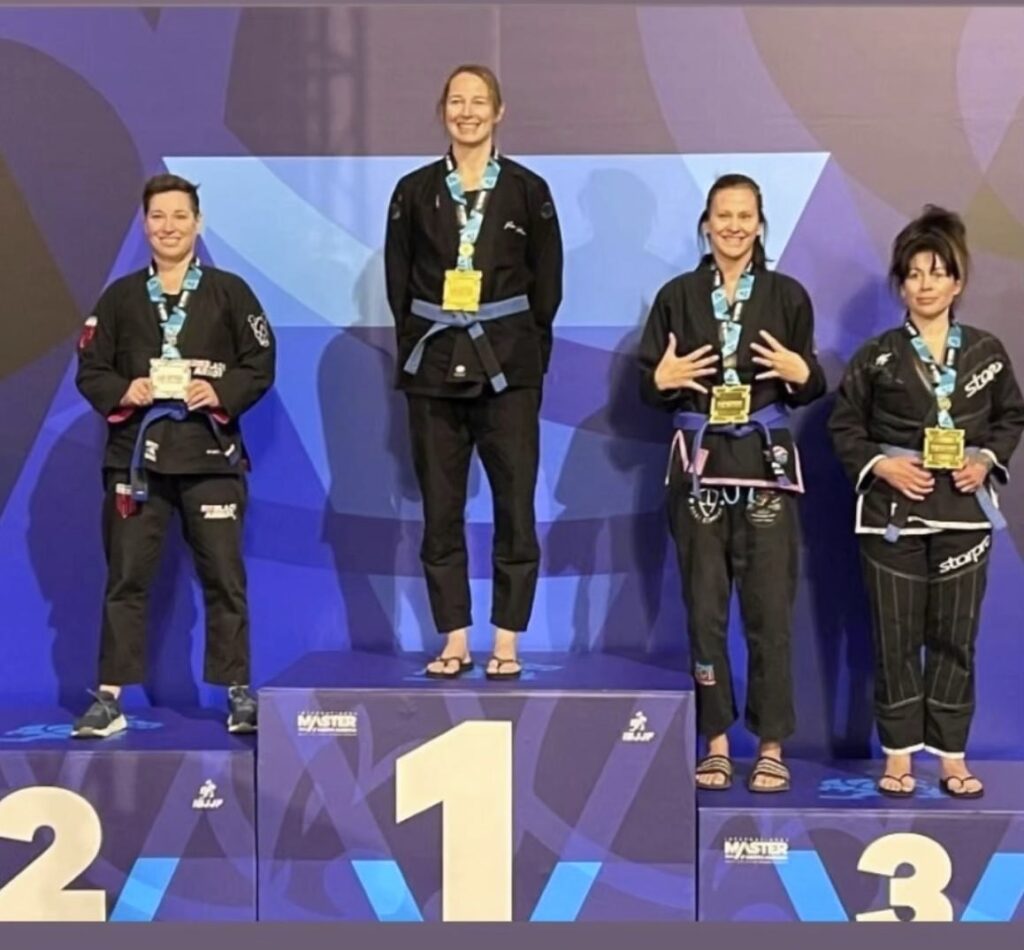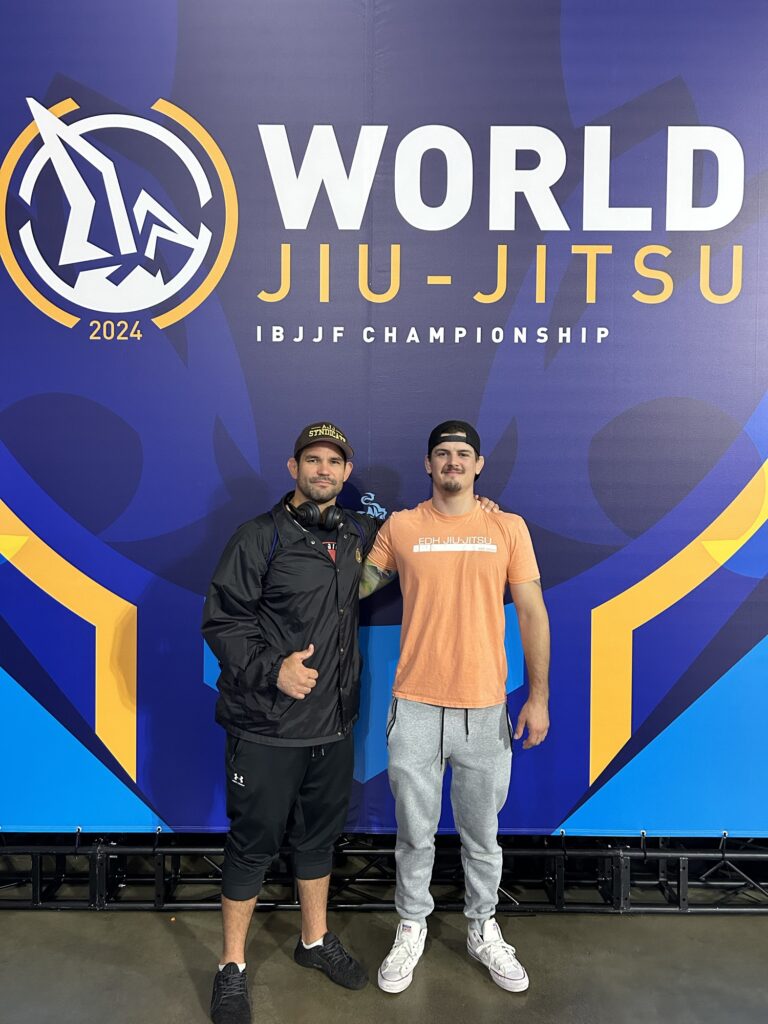Hey EDH BJJ Family,
We are thrilled to announce a fantastic opportunity for our junior class students aged 13 and up! This summer, we are inviting you to join our adult classes and take your training to the next level.
Our junior students regularly attend classes on:
- Tuesday & Thursday at 5:20 PM (Core Class)
- Friday at 6:00 PM
- Saturday at 9:00 AM (Competition Class)
During the summer break, in addition to your regular class schedule, you are welcome to join the adult classes at:
- Tuesday & Thursday at 9:30 AM
- Friday at 9:30 AM
Why Join the Adult Classes?
- Enhanced Learning Experience: Training with adults can provide new challenges and learning opportunities. It’s a great way to experience different techniques and strategies.
- Increased Mat Time: More time on the mat means more practice, more drilling, and more improvement. Take advantage of the summer break to enhance your skills.
- Build Confidence: Training with a diverse group can boost your confidence, helping you grow not only as a martial artist but also as an individual.
How to Make the Most of Your Summer Training
We encourage all junior students to continue with their regular core class schedule to ensure a solid foundation in their training. By supplementing this with the additional adult classes in the morning, you can maximize your development and get the most out of your summer.
Here’s a suggested schedule for balancing both:
- Tuesday & Thursday:
- 9:30 AM – Adult Class
- 5:20 PM – Junior Core Class
- Friday:
- 9:30 AM – Adult Class
- 6:00 PM – Junior Class
- Saturday:
- 9:00 AM – Junior Competition Class
Tips for Success
- Stay Hydrated: With increased training, it’s crucial to drink plenty of water.
- Rest and Recover: Ensure you get enough rest between sessions to allow your body to recover.
- Ask Questions: Don’t hesitate to ask your instructors for advice or clarification on techniques.
This is a unique chance to push your limits, learn from seasoned practitioners, and become a more well-rounded martial artist. We are excited to see our junior students thrive in this new training environment.
See you on the mat!
The EDH BJJ Team
